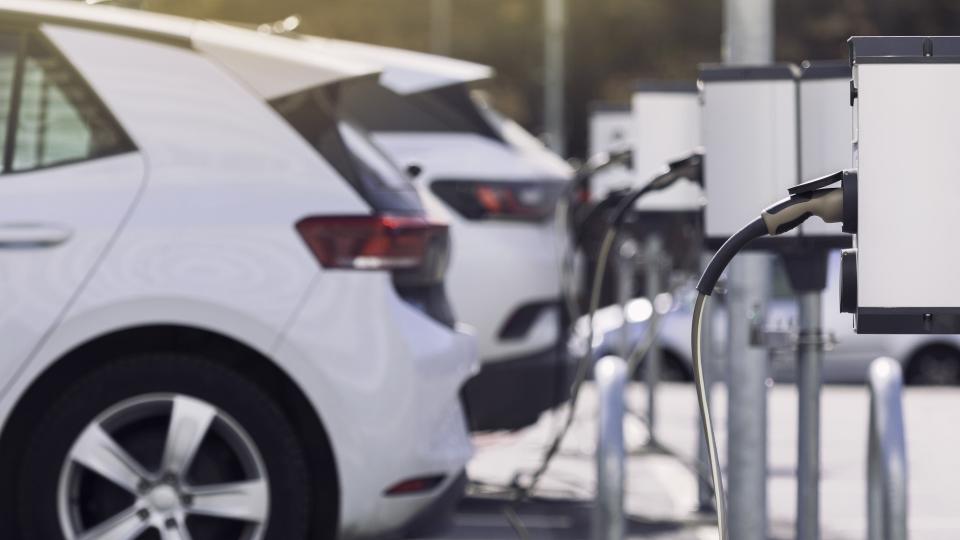China Has Cheap Electric Cars – Why Aren’t You Able to Buy One?

Automakers across the globe have increased electric vehicle (EV) production. According to Bloomberg, American drivers have about 50 EVs to choose from, while China has nearly tripled. China’s larger EV selection comes in more small and midsize options at more affordable prices. However, thanks to logistics and politics, none of the EVs are heading to the U.S. market.
Read Next: 6 Questions You Should Never Ask at a Car Dealership
For You: 6 Unusual Ways To Make Extra Money (That Actually Work)
All foreign automakers start with a 2.5% tariff on most imports, except for pickup trucks and cars made in China. Since 1964, the U.S. has levied a 25% tax on imported trucks, also known as the “chicken tax.” In 2018, President Trump implemented a 27.5% tax on cars made in China, which still exists today, Bloomberg reported. In contrast, Europe’s tariff on Chinese cars is only 9%.
“If you have a 20% to 25% cost advantage, it makes sense to go to countries where even after the tariff you are price-competitive,” Aakash Arora, a managing director in Boston Consulting Group’s auto practice, told Bloomberg News.
Most Chinese cars also don’t meet U.S. safety regulations, and going through the process is expensive and complex. On top of that, there’s the cost of building a retail network and a safety net for service cars and supporting warranties.
Even if Chinese automakers were to overcome these challenges, Bloomberg noted that there’s almost no chance of U.S. politicians supporting an auto market that benefits Chinese companies over American ones.
According to December transaction price data from Cox Automotive, parent of Kelley Blue Book, price differences between combustion vehicles and EVs look more realistic over the coming years. However, the EVs are still expensive.
Per Kelley Blue Book estimates, the average price paid for a new EV was $50,789 in December. Even with tax incentives, shoppers will have a tough time finding a new EV with a manufacturer’s suggested retail price under $40,000, Cox Automotive noted.
More From GOBankingRates
I'm a Costco Superfan: These Are the 5 Highest-Quality Kirkland Food Items
This Is One of the Smartest Things You Can Do If You Carry a Credit Card Balance Every Month
This article originally appeared on GOBankingRates.com: China Has Cheap Electric Cars – Why Aren’t You Able to Buy One?

 Yahoo Finance
Yahoo Finance 